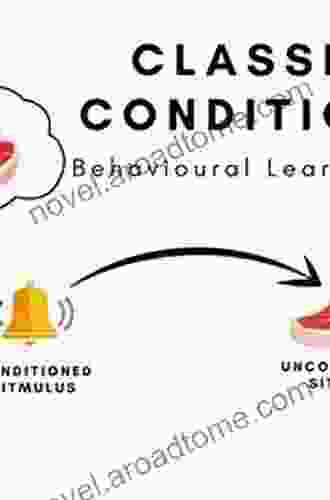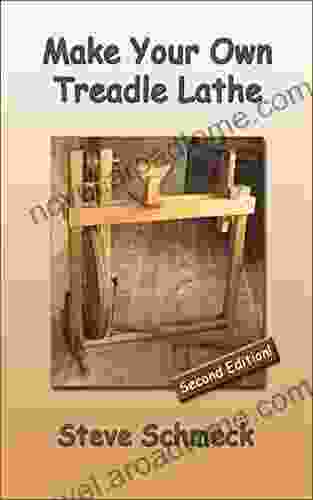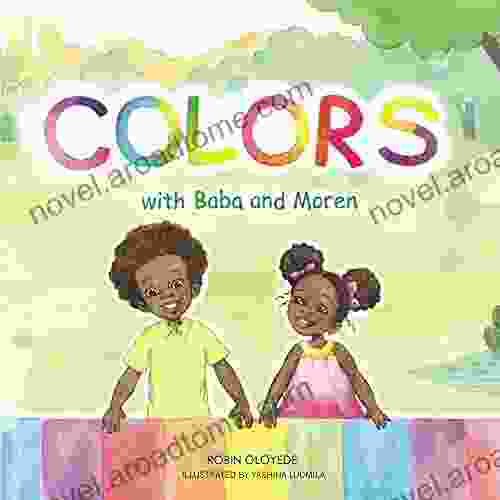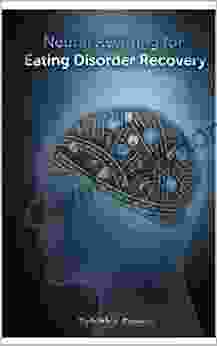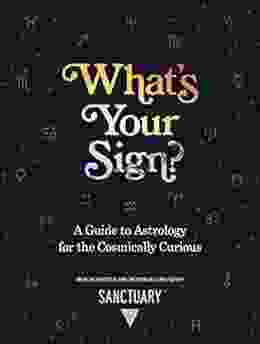Studies in Associative Learning: Unraveling the Power of Connections

In the tapestry of life, learning plays an indispensable role, shaping our understanding of the world around us and guiding our actions. Among the myriad ways we acquire knowledge, associative learning stands out as a fundamental process that weaves connections between stimuli and responses, shaping our behavior and memories. "Studies in Associative Learning" delves into the depths of this fascinating phenomenon, offering a comprehensive exploration of its mechanisms, applications, and implications.
Understanding Associative Learning
Associative learning refers to the formation of associations between two or more stimuli or between a stimulus and a response. This process is based on the principle of contiguity, which suggests that events that occur close together in time and space are more likely to be perceived as related.
5 out of 5
| Language | : | English |
| File size | : | 3748 KB |
| Text-to-Speech | : | Enabled |
| Enhanced typesetting | : | Enabled |
| Word Wise | : | Enabled |
| Print length | : | 133 pages |
There are two primary types of associative learning: classical conditioning and operant conditioning. In classical conditioning, a neutral stimulus (such as a bell) is paired with an unconditioned stimulus (such as food) that naturally elicits a response (such as salivation). Over time, the neutral stimulus becomes associated with the unconditioned stimulus and starts triggering the same response (known as the conditioned response).
Operant conditioning, on the other hand, involves learning based on the consequences of behavior. When a behavior is followed by a positive outcome (such as a reward),it becomes more likely to be repeated. Conversely, when a behavior is followed by a negative outcome (such as punishment),it becomes less likely to occur.
The Significance of Associative Learning
Associative learning plays a crucial role in various aspects of our lives, from shaping our phobias to influencing our consumer behavior.
- Phobias: Many phobias are acquired through classical conditioning, where a neutral stimulus (such as a spider) becomes associated with a frightening experience (such as being bitten). As a result, the spider becomes a conditioned stimulus that triggers the phobia.
- Consumer behavior: Marketers often use associative learning techniques to create positive associations between their products and desirable outcomes. For instance, a car commercial might pair the car with images of success and happiness, hoping to create a favorable impression in the viewer's mind.
Unveiling the Mechanisms of Associative Learning
"Studies in Associative Learning" meticulously examines the intricacies of the associative learning process. It explores the neural mechanisms underlying classical and operant conditioning, delving into the role of brain structures such as the hippocampus, amygdala, and prefrontal cortex.
The book also examines the influence of factors such as reinforcement, spacing, and context on the strength and durability of associative learning. It provides valuable insights into how these factors can be optimized to enhance learning and memory.
Applications of Associative Learning
The principles of associative learning have found widespread applications in various fields, including psychology, education, and animal training.
- Psychology: Associative learning has been used to develop therapeutic techniques such as exposure therapy, which helps individuals overcome phobias and anxiety disFree Downloads by gradually pairing the feared stimulus with positive outcomes.
- Education: Educators use associative learning strategies to facilitate learning, such as pairing new concepts with familiar ones or using visual aids to create associations between words and images.
- Animal training: Animal trainers rely on operant conditioning to shape animal behavior, rewarding desirable actions and discouraging undesirable ones.
Implications for Practice and Research
"Studies in Associative Learning" offers valuable implications for professionals and researchers in psychology, education, and related fields. It provides evidence-based guidance on how to effectively apply associative learning principles to improve learning outcomes, treat psychological disFree Downloads, and enhance animal training.
Moreover, the book stimulates new avenues for research, encouraging scientists to explore the neural mechanisms and cognitive processes involved in associative learning in greater depth.
"Studies in Associative Learning" is an invaluable resource for anyone seeking a comprehensive understanding of this fundamental process. It is written in a clear and engaging style, making it accessible to both students and professionals. With its in-depth exploration of mechanisms, applications, and implications, this book serves as a beacon of knowledge for those seeking to unlock the secrets of learning and harness its power to improve our lives.
5 out of 5
| Language | : | English |
| File size | : | 3748 KB |
| Text-to-Speech | : | Enabled |
| Enhanced typesetting | : | Enabled |
| Word Wise | : | Enabled |
| Print length | : | 133 pages |
Do you want to contribute by writing guest posts on this blog?
Please contact us and send us a resume of previous articles that you have written.
 Book
Book Novel
Novel Page
Page Chapter
Chapter Text
Text Story
Story Genre
Genre Reader
Reader Library
Library Paperback
Paperback E-book
E-book Magazine
Magazine Newspaper
Newspaper Paragraph
Paragraph Sentence
Sentence Bookmark
Bookmark Shelf
Shelf Glossary
Glossary Bibliography
Bibliography Foreword
Foreword Preface
Preface Synopsis
Synopsis Annotation
Annotation Footnote
Footnote Manuscript
Manuscript Scroll
Scroll Codex
Codex Tome
Tome Bestseller
Bestseller Classics
Classics Library card
Library card Narrative
Narrative Biography
Biography Autobiography
Autobiography Memoir
Memoir Reference
Reference Encyclopedia
Encyclopedia Stephen Mcgreal
Stephen Mcgreal Rory Vaden
Rory Vaden Susan Evans
Susan Evans Robin Lee Hatcher
Robin Lee Hatcher Rob Vandenbrink
Rob Vandenbrink Lasa Limpin
Lasa Limpin Sharon Brock
Sharon Brock Samantha Wells
Samantha Wells Roger Dymock
Roger Dymock Radian Belu
Radian Belu Revathi Kesavamani
Revathi Kesavamani Richard Vaillencourt
Richard Vaillencourt Suzanne Perron
Suzanne Perron Rhys Bowen
Rhys Bowen Neal Lozano
Neal Lozano Qiang Zhai
Qiang Zhai Ron Della Chiesa
Ron Della Chiesa S J Morgan
S J Morgan Rachel Brupbacher
Rachel Brupbacher Shirley Paden
Shirley Paden
Light bulbAdvertise smarter! Our strategic ad space ensures maximum exposure. Reserve your spot today!
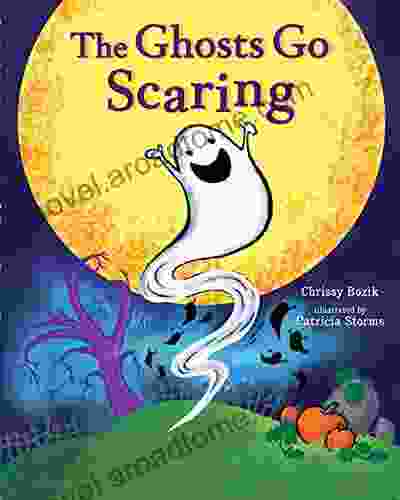
 Christopher WoodsThe Ghosts Go Scaring Rekha Rao: A Thrilling Adventure into the Supernatural
Christopher WoodsThe Ghosts Go Scaring Rekha Rao: A Thrilling Adventure into the Supernatural Bryce FosterFollow ·4.9k
Bryce FosterFollow ·4.9k Stephen KingFollow ·17k
Stephen KingFollow ·17k Dwayne MitchellFollow ·16.4k
Dwayne MitchellFollow ·16.4k Alex ReedFollow ·11.9k
Alex ReedFollow ·11.9k Alvin BellFollow ·16.5k
Alvin BellFollow ·16.5k Bryson HayesFollow ·10.2k
Bryson HayesFollow ·10.2k E.M. ForsterFollow ·14.6k
E.M. ForsterFollow ·14.6k W.B. YeatsFollow ·10.9k
W.B. YeatsFollow ·10.9k

 Eli Brooks
Eli BrooksOver 700 Organic Remedies Shortcuts And Tips For The...
: Embracing the Power of...

 Carter Hayes
Carter HayesUnveiling the Unofficial Political Religion of India: A...
Embark on an...
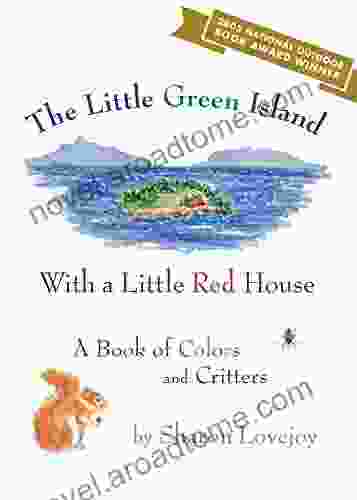
 Colin Richardson
Colin RichardsonOf Colors and Critters: A Journey Through the Animal...
In the tapestry of...
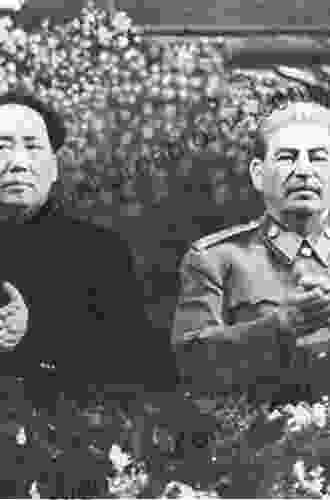
 Harry Hayes
Harry HayesUnveiling the Hidden Truths: Mao, Stalin, and the Korean...
Step into the enigmatic realm of the 20th...
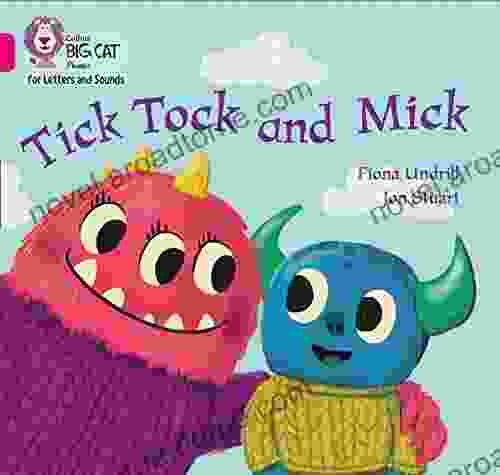
 George Bernard Shaw
George Bernard ShawBand 1b Pink: A Journey Through the World of Reading
Band 1b Pink is a...
5 out of 5
| Language | : | English |
| File size | : | 3748 KB |
| Text-to-Speech | : | Enabled |
| Enhanced typesetting | : | Enabled |
| Word Wise | : | Enabled |
| Print length | : | 133 pages |


